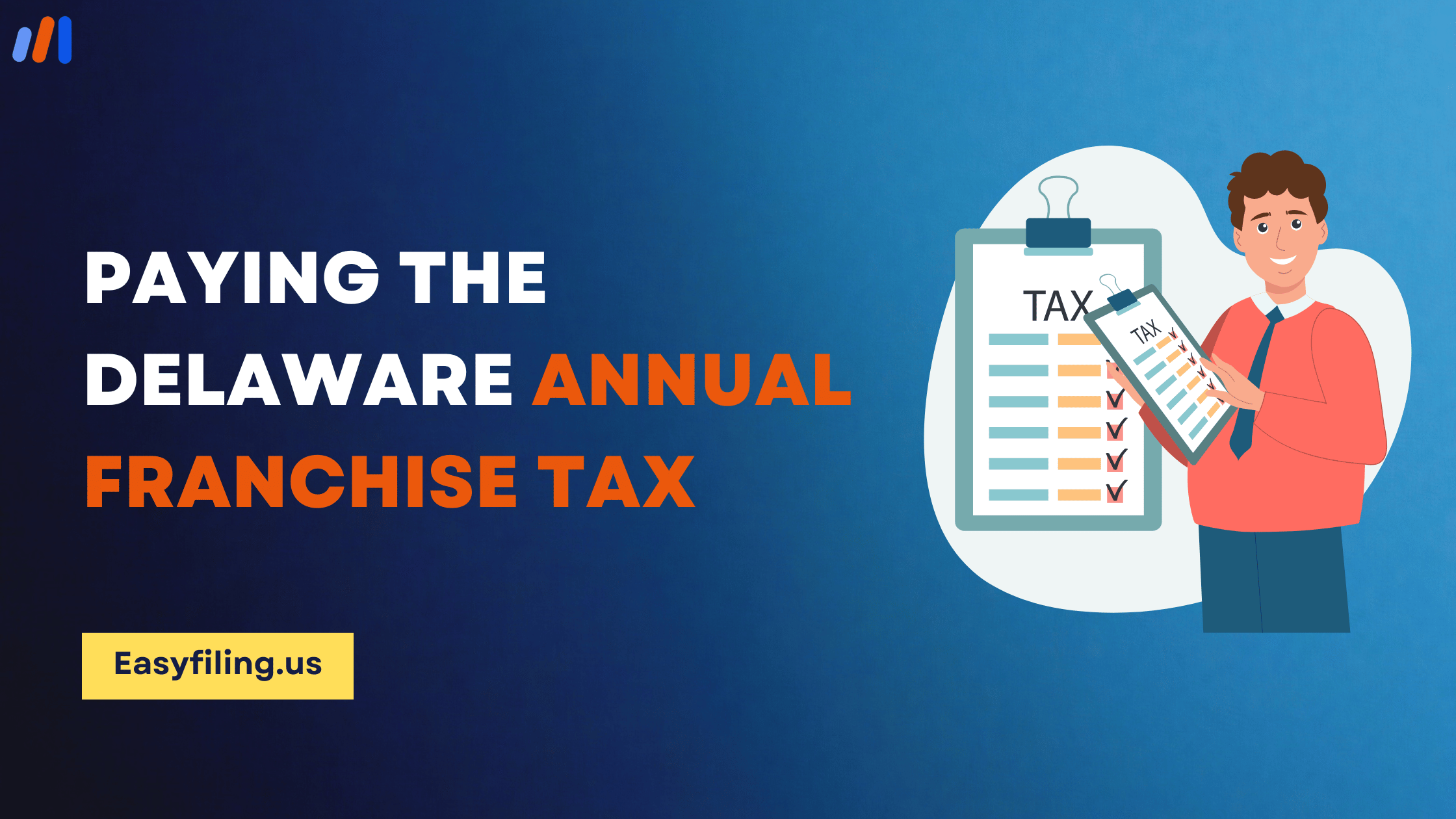To cover when U.S. residents and non-residents might need to file a Form 1040NR, there are two types of individual tax returns in the U.S. The Form 1040 is filed every year by U.S. citizens, U.S. green card holders, or individuals who become U.S. tax residents due to meeting the substantial presence test.
On the other hand, the Form 1040NR is filed by non-residents who don’t fall into those three categories but have some connection with the U.S. that requires them to pay U.S. taxes. This could be U.S. source income or income derived from engaging in U.S. trade or business with effectively connected income.
Now, let’s look at some examples to understand when filing a Form 1040NR might be required and when it might not be required.
Example 1 (Filing Required):
1: If a non-resident invests in a closely held corporation in the U.S., such as a U.S. Delaware Corp, and receives $120,000 in dividends during the year, the U.S. corporation should have withheld taxes before paying out the dividends. However, if the corporation forgets to do so, the onus is on the non-resident to file a tax return and pay the required tax.
In this case, the non-resident should file a Form 1040NR, report the $120,000 in U.S. source dividend income, and pay the applicable tax (usually 30%, unless reduced by a tax treaty).
2: A non-resident owning a Delaware LLC may have US source income if their company meets the following criteria:
- The company employs full-time workers in the United States. For instance, they may have a team of sales representatives based in New York.
- The company owns or rents property in the United States. For example, they might have a warehouse in California to store inventory.
- The owner spends more than six months in the country each year. For instance, they may travel to the US for business meetings and conferences, spending a significant amount of time there.
Example 2 (Filing Not Required):
Conversely, there are situations where filing a Form 1040NR may not be necessary. For instance, if a non-resident has no U.S. source income or does not engage in any U.S. trade or business with effectively connected income, they may not be required to file a tax return.
1: Non-resident individuals with US brokerage accounts are provided with a broker form W8-BEN. If you, as a non-resident, received $1000 in dividends during the tax year, the broker will withhold 30% in taxes (known as US Source FDAP income) and report it to the IRS. In this case, no Form 1040 NR is required since the broker has already withheld all of your taxes.
2: If you, as a non-resident, operate an IT consulting or dropshipping service to US customers and the sales transactions occur within the US, you may determine that you are not engaged in US trade or business. In such cases, you are not liable for US income tax, and therefore no Form 1040 NR is required.
These are just a few examples to help you assess whether you might need to file a Form 1040NR or not. It’s important to consult with a tax professional or refer to official IRS guidelines for specific situations and requirements.
In conclusion,
If you are a non-resident individual with connections to the U.S. that require you to pay U.S. taxes, understanding the requirements for filing a Form 1040NR is crucial. At EasyFiling, we are here to assist you every step of the way.
From helping you form a U.S. company, obtaining an EIN, to filing your tax return accurately and efficiently, our team of experts is dedicated to ensuring your compliance with U.S. tax laws. Don’t navigate the complexities of U.S. tax filing alone – let EasyFiling be your trusted partner in simplifying the process and maximizing your tax benefits. Contact us today to learn more about how we can assist you.
(Note: The provided examples are for illustrative purposes only and should not be considered as tax advice. Please consult with a qualified tax professional for personalized guidance.)
Frequently Asked Questions (FAQs)
Who needs to file Form 1040NR?
Non-residents who have U.S. source income or engage in U.S. trade or business with effectively connected income may need to file Form 1040NR.
What is the difference between Form 1040 and Form 1040NR?
Form 1040 is for U.S. citizens, green card holders, and U.S. tax residents, while Form 1040NR is for non-residents with U.S. income or trade or business connections.
Is filing Form 1040NR necessary if I have no U.S. source income?
If you have no U.S. source income or no U.S. trade or business with effectively connected income, you may not be required to file Form 1040NR.
How do I know if I meet the substantial presence test for U.S. tax residency?
The substantial presence test considers the number of days you were present in the U.S. over a three-year period. Consult IRS guidelines or a tax professional to determine if you meet the test.
Can I claim tax treaty benefits when filing Form 1040NR?
Yes, if your home country has a tax treaty with the U.S., you may be eligible for reduced tax rates or exemptions. Consult the specific tax treaty and IRS guidelines for more information.
File Your LLC Today
25$ off with a coupon
Lock in EasyFiling's transparent rates and get lifetime compliance support at no extra cost.
Get Started Now







